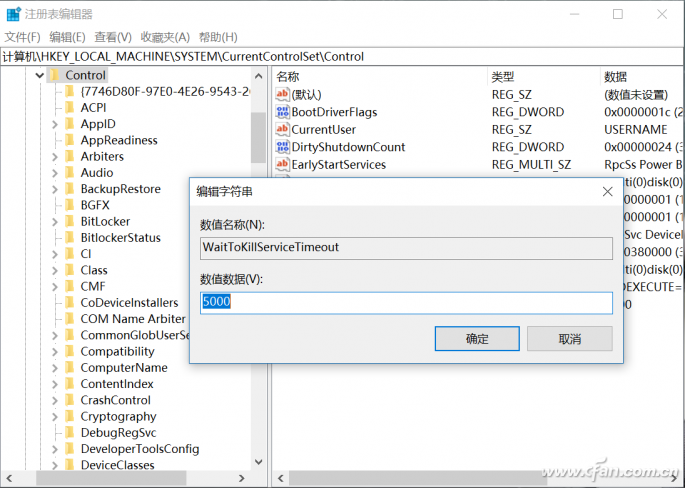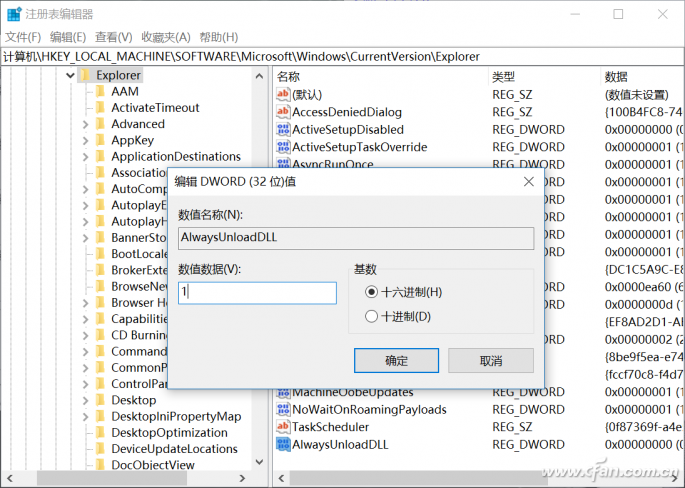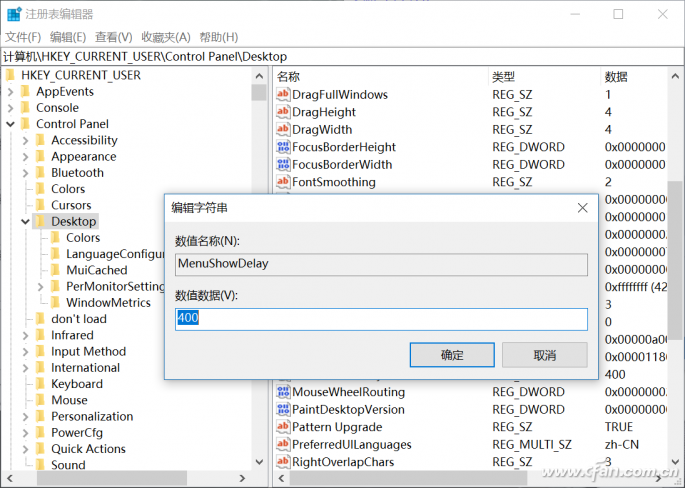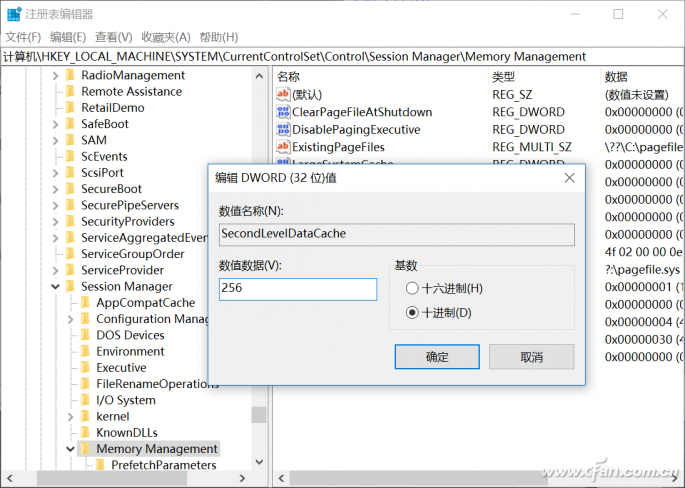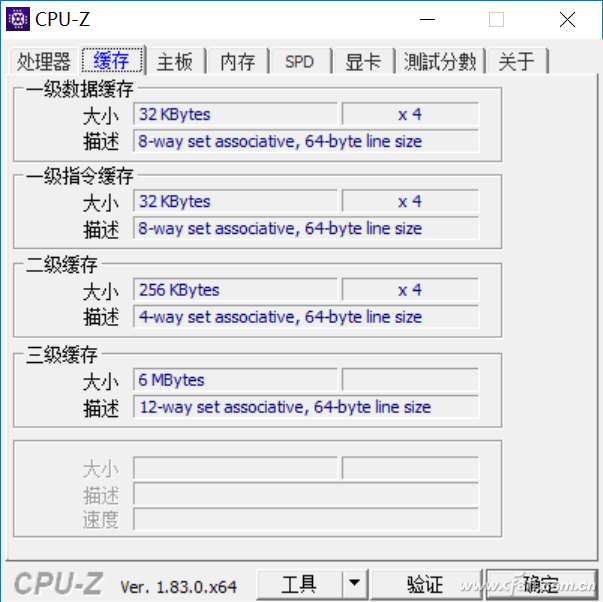In yesterday's optimization of the SuperFetch message, a small friend asked Xiao Bian to modify the DWORD's numerical data to 3 what it meant. In simple terms, any key in the registry can be used as a parameter in programming. Some registry keys are responsible for things that are relatively simple, just to decide "yes" or "no", numeric data is represented with 0 (no or off) and 1 (yes or enabled), and 3 is a special definition item. There are also some key values ​​that represent relatively complex items such as quantity and time. We need to fill in the specific numbers that have been converted (the registry is hexadecimal). All of these are in a fixed format in the registry. Only entering the correct values ​​will make the changes take effect, and casually filling out the statements that may cause the system to crash. Say so much, actually combat it, while optimizing the performance of our computer running the hand. After Win+R enter regedit to open the registry editor, navigate to HKEY_LOCAL_MACHINE\SYSTEM\CurrentControlSet\Control Find the right "WaitToKillServiceTimeout" and see its numeric data? The original is 5000 (unit: milliseconds), if you want to make the shutdown speed faster, change the value to a small, but not less than 1000, so that when the shutdown process will kill faster. In the HKEY_LOCAL_MACHINE\SOFTWARE\Microsoft\Windows\CurrentVersion\Explorer A new DWORD (32-bit) value named “AlwaysUnloadDLL†is created on the right side. After the value data is set to 1, the system can kill all unused DLL files running in memory, saving the resource consumption of Windows. Again HKEY_CURRENT_USER\Control Panel\Desktop The “MenuShowDelay†on the right side is responsible for the menu display time. The default is 400 (unit: milliseconds). If you think it is too slow, you can change it to 0 or 100 or 200 to see what everyone likes. This is the last big move. HKEY_LOCAL_MACHINE\SYSTEM\CurrentControlSet\Control\Session Manager\Memory Management There is a key named "SecondLevelDataCache" on the right. If enabled, the processor's secondary cache can be used to accelerate the overall performance of the computer. For example, the processor of the Xiaobian computer is 7700HQ, and the secondary cache is 256KB. If you want to use all of them for acceleration, change the numeric data to decimal, and then enter 256. When using this technique, the processor is a few years ago, but the L2 cache can be much larger than it is now. Unlike the products of the past few years, the level 1 and level 2 caches have reached the level 3 cache. Gone. Ningbo Autrends International Trade Co.,Ltd. , https://www.vapee-cigarettes.com

